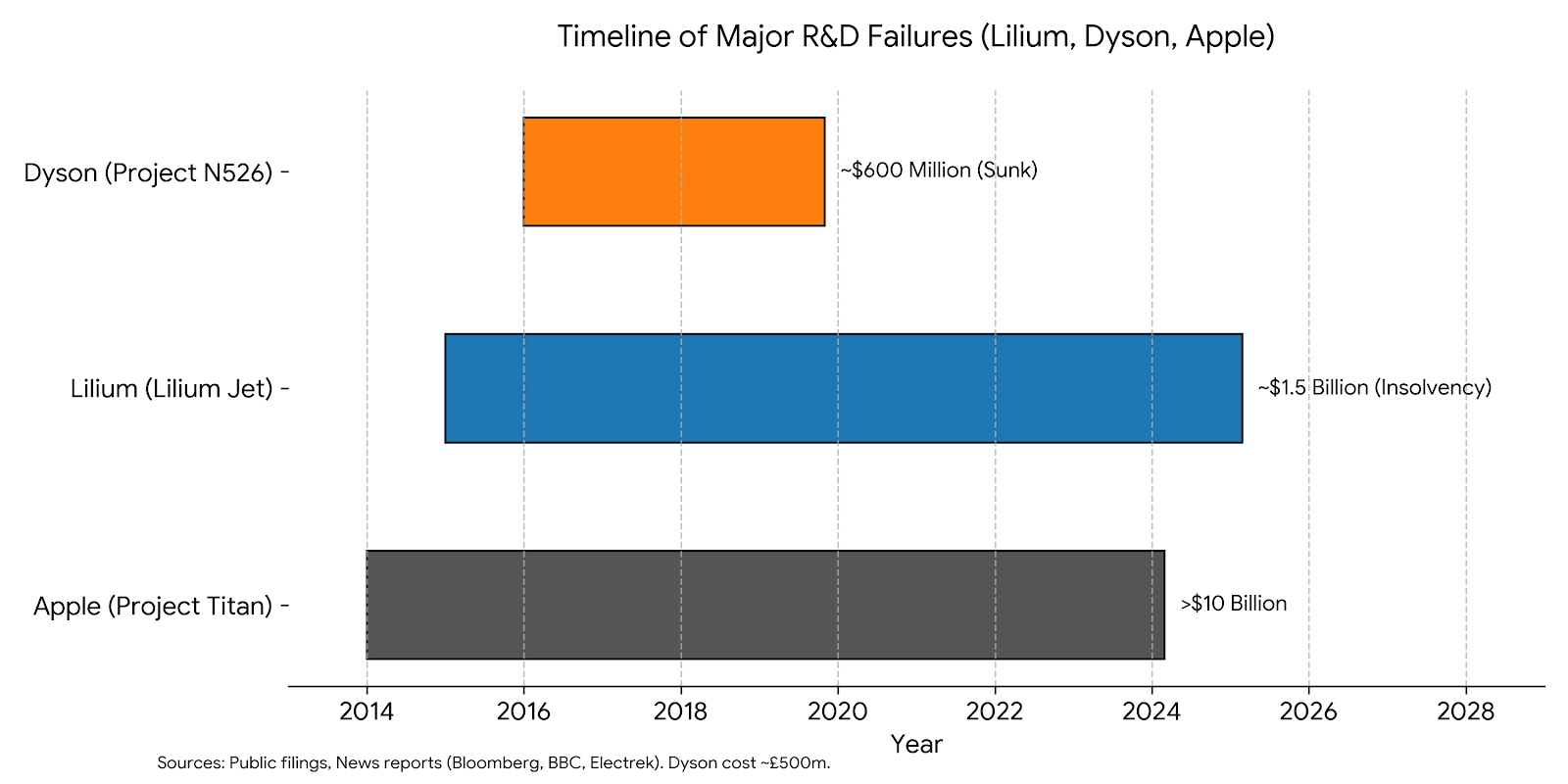
From Household Hassles to Billion-Dollar Business: The Intuit Story
Mon May, 2025
4 Mins read
Business Architecture
Case Studies
Strategic Creation
Think Deep, Innovate Fast, Execute Lean – Archive Collection
1 Mins read
From VUCA to NOVA: Rewiring Organizations for Quantum-AI Success
9 Mins read
Shaping the Future with Heartificial Intelligence: My Vision from the 2018 Innovation 4.0 Conference
2 Mins read
Unlocking the Power of Circular Design: Embrace a World of Sustainable Possibilities
4 Mins read
Once upon a time in the not-so-distant past, there was a man named Scott Cook and his wife, Signe. Like many of us, they found themselves constantly bamboozled by their household finances. Every month, they would sit down with a mountain of bills, receipts, and a bewildering assortment of financial documents, trying to make sense of where their money was going. It felt like trying to solve a Rubik’s cube blindfolded while riding a unicycle—impossible and infuriating.
One particularly exasperating evening, after hours of balancing checkbooks and wrestling with the family budget, Scott had an epiphany. “There has to be a better way!” he declared, waving a fistful of bills in the air. His wife, equally fed up, nodded vigorously in agreement. And thus, the seed of Intuit was planted.
The Quest for Financial Sanity
Scott Cook wasn’t just any frustrated husband; he was a man with a vision. Armed with determination and a healthy dose of humor, he set out to create a software program that could transform the chaotic world of personal finances into something manageable and, dare we say, even enjoyable.
Scott’s goal was simple: a program that could maintain a balance sheet for personal finances and automate the hassle of bill payments. But as with any great quest, there were dragons to slay—namely, the fierce competition from other entrepreneurs working on banking software. Scott knew he had a great product, but the challenge was to get people to actually use it.
A Lightbulb Moment
While many of his contemporaries were busy trying to woo banks and financial institutions, Scott had a different idea. One day, as he watched his kids playing with their toys, inspiration struck. “Why not give the software directly to the people who need it most?” he thought. After all, if his kids could figure out how to make a Lego spaceship, surely adults could handle a little financial software.
So, instead of tying up with banks and vendors, Scott decided to put his product into the hands of everyday people. It was a move as bold as it was brilliant. By focusing on the end users—the very people struggling with their finances—Scott ensured that Intuit’s software was user-friendly, practical, and perfectly suited to their needs.
From Small Beginnings to Big Success
The reception was nothing short of spectacular. People loved having a simple, effective way to manage their finances. It was like giving someone a map and compass after they’d been wandering in the financial wilderness. Suddenly, balancing checkbooks and paying bills wasn’t a dreaded chore but a manageable task.
Intuit’s flagship product, Quicken, became a household name. It was followed by other successes like TurboTax and QuickBooks, each designed to make financial management easier for different segments of users. The software didn’t just keep track of numbers; it provided peace of mind, a sense of control, and a much-needed dose of sanity.
The Humor in the Hustle
Scott Cook’s journey wasn’t without its hiccups and humorous moments. There were times when the software didn’t quite work as expected, resulting in comically exaggerated error messages that left users scratching their heads. But each mistake was a learning opportunity, and Scott’s team tackled problems with the same tenacity that had gotten them started in the first place.
One story goes that in the early days, Scott’s marketing team was brainstorming ways to make financial software sound exciting. Someone suggested a campaign called “Quicken Up Your Life!” complete with images of people dancing around their living rooms holding tax forms. Needless to say, that idea was quickly shelved in favor of something a bit more conventional.
The Moral of the Story
Today, Intuit is a billion-dollar business, but its success is rooted in a simple problem faced by millions of households: the struggle to manage finances effectively. Scott Cook’s innovative approach—focusing on the needs of the end users and making financial management accessible to everyone—turned a personal frustration into a global solution.
So, the next time you sit down to pay your bills or file your taxes, take a moment to appreciate the journey from household hassle to financial harmony. And remember, sometimes the best ideas come from the most unexpected places—like a living room strewn with bills and a man determined to find a better way.
Popular Post

Wed January, 2026

7 Mins read
The $50M Trust Problem: Why Fortune 500 Companies Won't Bet on AI Predictions Every VP of Engineering knows the prototype… See more
Tue August, 2025

1 Mins read
Collection series - 2021 Want more innovation? Sridhar, Founder & Chief Integrator of Innovation Enabler, discusses creativity and innovation. He… See more

Sridhar DP
Founder's Desk

Tue June, 2025

9 Mins read
Future-proofing enterprises through quantum-AI resilience. The Board is No Longer Boardroom Let me paint you a future that's already here.… See more

Sridhar DP
Founder's Desk

Shaping the Future with Heartificial Intelligence: My Vision from the 2018 Innovation 4.0 Conference
Read

Mon May, 2025

2 Mins read
Originally written in sris.blog In 2018, alongside my colleague Dr. Kiran BS, I presented a visionary concept at the prestigious… See more
Quantum leaps - : Latest innovation breakthroughs and stratagies , delivered to your inbox .
Kreat.ai uses cookies to offer you a better experience. See Cookie Notice for details
Kreat.ai uses cookies to offer you a better experience. See Cookie Notice for details.


